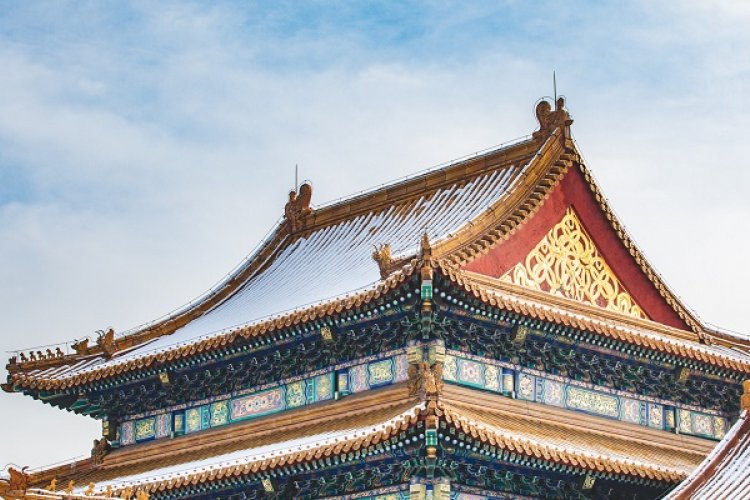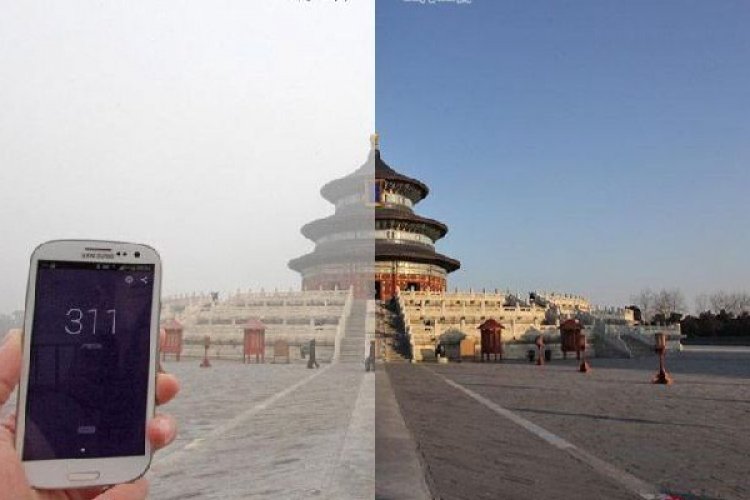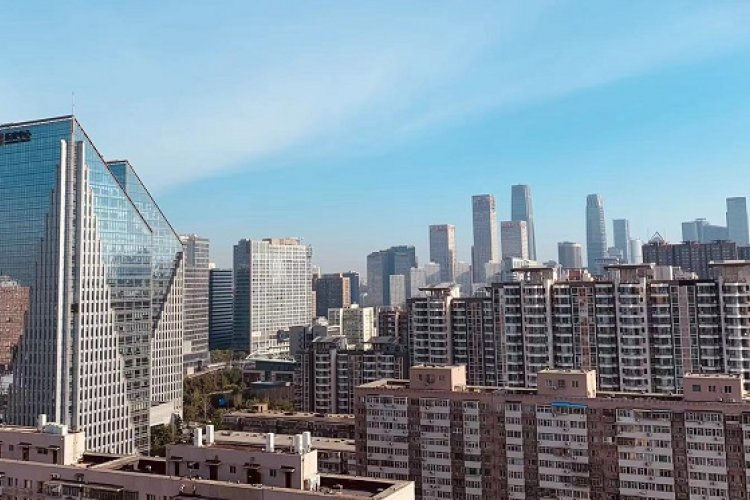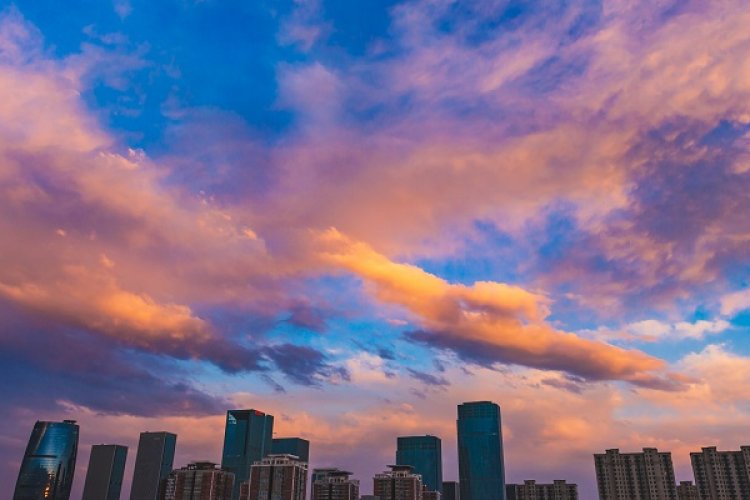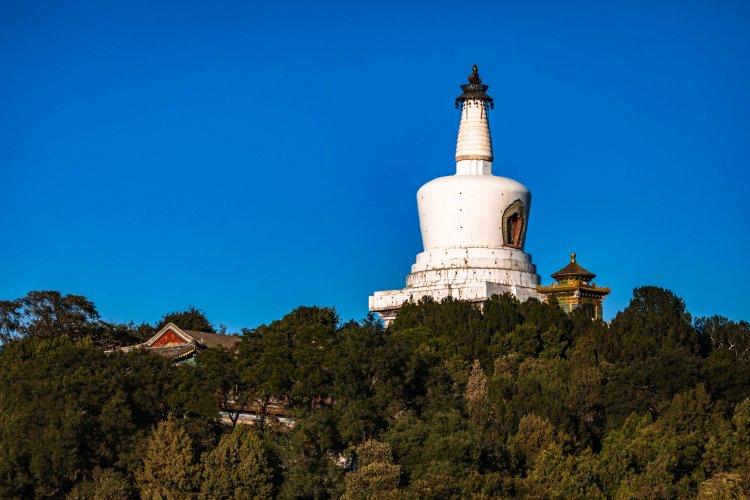Beijing's Neighboring Hebei Province Snags 7 of Top 10 Slots in China's Worst Air List
The good news: Beijing is not one of the Top 10 worst cities for air in China. The bad news: Neighboring Hebei Province contains 7 of the worst 10 nationwide.
Hebei, which virtually surrounds Beijing on three sides, won the ignoble honor of snagging 7 of the Top 10 slots in Greenpeace's recently released list of China's cities with the worst air.
Topping the list was Xingtai, the second most southerly city in Hebei, which saw an average annual PM 2.5 density of 155.2.
For comparison's sake, the absolute filthiest area of the United States in terms of PM 2.5 concentration was the San Joaquin Valley area of California, and its annual average PM 2.5 density was 19, making little old Xingtai more than 8 times worse.
The only three cities outside of Hebei that cracked the top were are Zhengzhou in Henan Province (#10), Xi'an (#9) and Shandong Province's Jinan (#7).
Some strong insight into the issues Hebei faces can be found in this article by ChinaDialogue in which a factory worker is quoted as saying:
Since the factory he worked at closed, 43-year old Mr Li has picked up odd-jobs to make money, but he still walks around the economic zone hoping the factories will open again.
He remembers the factories starting up in the 1990s. “The air stank, you choked on it.” Some of his relatives got respiratory diseases, but he was happy with this 3,000 yuan a month wage.
Li goes on: “The pollution doesn’t just appear overnight. The sulphur and nitrate scrubbers are so expensive now, the bosses will just not use them. The chimneys at many factories are smoking 24 hours a day – they turn the scrubbers on during the day, but not at night. But it’s the people who suffer, whether from air pollution, or from the factories closing.”
Hebei's economy is heavily dependent on polluting industries such as iron and steel manufacturing, coal mining and oil refining. In many ways is the victim of central planning that favors metropolises such as nearby Beijing and Tianjin. As environmental controls have tightened in these areas, much of the polluting industries formerly located in urban areas of these cities have been pushed into the next province over.
As much as the city of Beijing is doing to control pollution, it doesn't mean squat without cleaning up Hebei as well.
Related stories :
Comments
New comments are displayed first.Comments
![]() TX_Chick
Submitted by Guest on Fri, 01/17/2014 - 20:44 Permalink
TX_Chick
Submitted by Guest on Fri, 01/17/2014 - 20:44 Permalink
Re: Beijing's Neighboring Hebei Province Snags 7 of Top 10...
This map definitely helps to explain why the pollution has skyrocketed again tonight, spreading northward from the south. Which factory has turned off its coal scrubbers this time?
![]() britomart
Submitted by Guest on Fri, 01/17/2014 - 11:31 Permalink
britomart
Submitted by Guest on Fri, 01/17/2014 - 11:31 Permalink
Re: Beijing's Neighboring Hebei Province Snags 7 of Top 10...
I wonder how many of those factories moved out there from Beijing during the pre-Olympics push to clean up Beijing.
Validate your mobile phone number to post comments.


